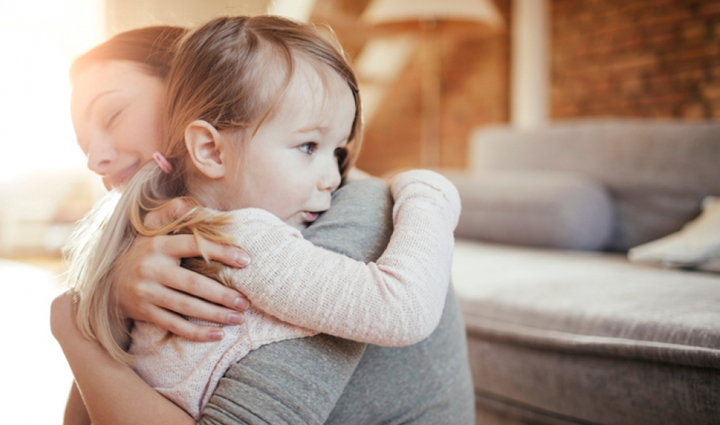- Home›
- Mates & Me›
- 6 Tips To Develop Empathy In Kids
6 Tips To Develop Empathy In Kids
By: Neha Thu, 22 Dec 2022 3:58:23

Being a hands-on Dad of three young children, I am always keen to learn and pick up parenting skills and knowledge that will bring our relationships to the next level. I want to be able to relate to them and be their safe harbour while they navigate through their adventures in life. In our digital world, where children are increasingly seeking attention and answers from social media sites such as Facebook, Instagram, MySpace, SnapChatetc and the Internet, (aka “Selfie Syndrome”), I find it compelling to understand what goes through their young minds when they go online.

# Teaching Children Emotional Literacy
Before a child can put himself into someone’s shoes, he must first develop the ability to read non-verbal cues in facial expressions, gestures and voice tones. Beefing up his emotional vocabulary during this process is key. Hence, help your child to understand feelings whenever you can. Put aside your digital device and tune in your child.
Ask your child how he feel about his day, an incident or someone whom they have just come in contact. e.g. “How do you think Grandma is feeling right now when we are going to leave?” Always look face to face when communicating with your child. To get your child’s eye contact, try Dr Borba’s suggestion, “Get your child to always look at the colour of the talker’s eyes”. It is very useful and I have seen my eldest child responding well to the idea.
# Developing a Moral Identity
Social scientists revealed that most of the empathetic ordinary citizens share a deep belief in humanity. They care about the feelings and thoughts of others and most credited their parents for forming a strong moral identity. At their early age, you can start to identify core values that the family stands for and plant these in your little ones.
Involve your child and discuss questions such as “What kind of family do we want to become? What kind of feelings do we want in the house? How do we want others to describe us?” Whatever values you choose, remember your child is modelling your behaviour – what you do, matters.

# Instilling Perspective Taking
Role-playing and Imagineering have been found to be effective ways to help a child gain the perspective of the other party. By deliberately putting your child in a ‘real-life’ situation and get him to imagine the consequences of a particular action can boost perspective taking. e.g Ask questions like, “Joseph Schooling won the 100m butterfly gold medal at the Olympics, how do you think he felt when he stood on the podium?”
“That boy looks sad with the melted ice-cream in his hand, what do you think he needs to feel better?” According to research, when a child can understand others’ perspective, chances are they are more likely to be empathetic, better adjusted and have healthier peer relationships.
# Reading to Cultivate Empathy
Studies have found that the more stories young children read, the stronger their ability to figure out what other people are thinking and feeling. If stories are so impactful, what would you read to your child?
What are the values that you would like to see in your child? Commonsense.org offers a wide range of reviews for movies, games, apps, TV shows, websites, books, and music. Do a check on the website to ascertain the ratings and reviews for each media before exposing your child to it.

# Managing Strong Emotions and Mastering Self-Regulation
To practice empathy in their daily lives, children need to learn additional habits. One of them isself-regulation. It composes skills such as self-awareness, self-management, emotional literacy and problem solving. When it comes to learning self-regulation, we are our children’s best reference.
How do you handle conflicts in the family? How do you handle when someone knock your drink over at the restaurant? One of the suggested strategies is for children to pick up age appropriate yoga. Through mindful breathing and intentional body movements, it helps to relieve stresses and tensions which are the key obstacles to staying calm in a child.
# Practice Kindness
Studies have found close association between happiness, self-esteem, health and resilience and practicing kindness. When kids perform acts of kindness, they feel the joy of giving. And kindness does not necessarily cost a dime. Giving up your seat to a person in need i.e. the elderly, pregnant ladies, little children or sharing your food or umbrella with a classmate etc.
The more kids practice acts of kindness, the more likely they will adopt it as a habit. (Do you know that it requires at least 21 consecutive days of performing an action consistently to form a habit?) Make acts of kindness a natural part of your family ritual. Sharing this article to another parent is an act of kindness too!





